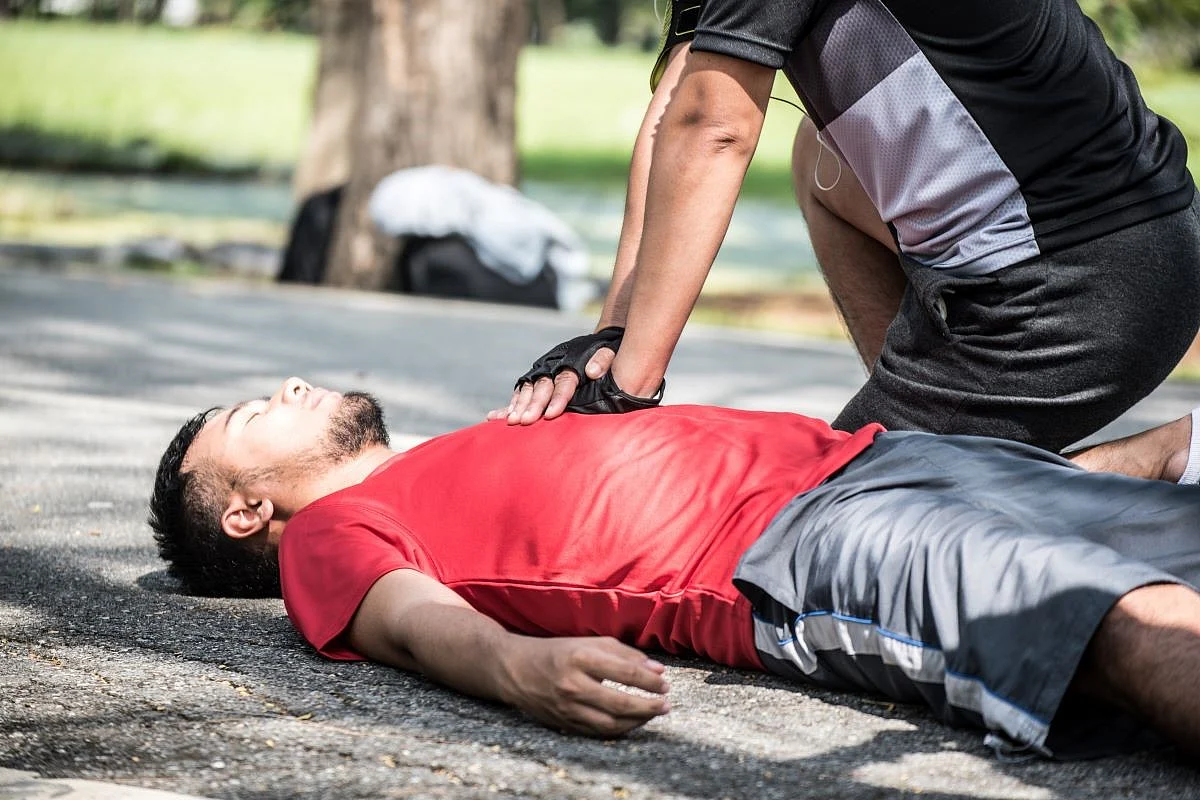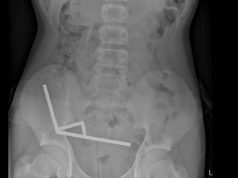Attempts to prevent tongue swallowing are common among athletes with cardiac arrest, but are associated with death or severe anoxic brain damage
By Elana Gotkine HealthDay Reporter
WEDNESDAY, July 30, 2025 (HealthDay News) — Attempts to prevent “tongue swallowing” are common during bystander resuscitation of athletes with cardiac arrest and are associated with poor prognosis, according to a study published online July 30 in the Canadian Journal of Cardiology.
Dana Viskin, M.D., from the Tel Aviv Sourasky Medical Center in Israel, and colleagues searched the internet for videos showing athletes undergoing resuscitation maneuvers after collapsing during competition from 1990 to 2024, focusing on the first response. Forty-five cases of athletes collapsing during sporting events that were caught on video or published and publicly available were assessed.
The researchers found that an inappropriate response, including attempts to prevent tongue swallowing, preceded proper cardiopulmonary resuscitation (CPR) in 84 percent of cases when the first action was visible. Following cardiac arrest events, death or severe anoxic brain damage was more likely when the victims were subjected to tongue-swallowing prevention maneuvers versus receiving CPR as the first response (18 of 27 [67 percent] versus zero of three). Twenty-eight cases were covered in 84 news articles; 40 of these mentioned the term “tongue swallowing,” which was generally praised.
“Our study highlights the dangerous and persistent misconception of ‘tongue swallowing prevention,’ which can delay the initiation of life-saving chest compressions,” Viskin said in a statement. “These delays may cost lives, and yet the media often praise such misguided actions as heroic. We urgently need to reeducate the public and the media and reframe the narrative around CPR, especially in sports.”
Copyright © 2025 HealthDay. All rights reserved.








